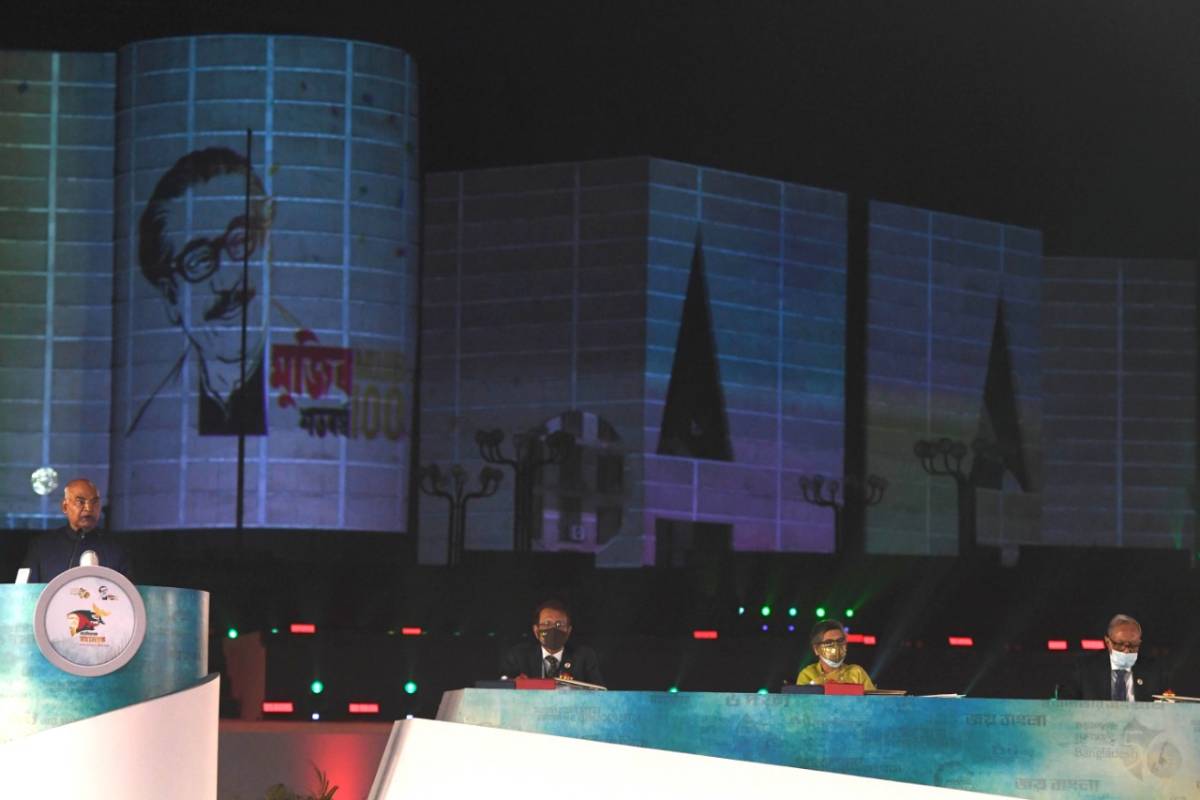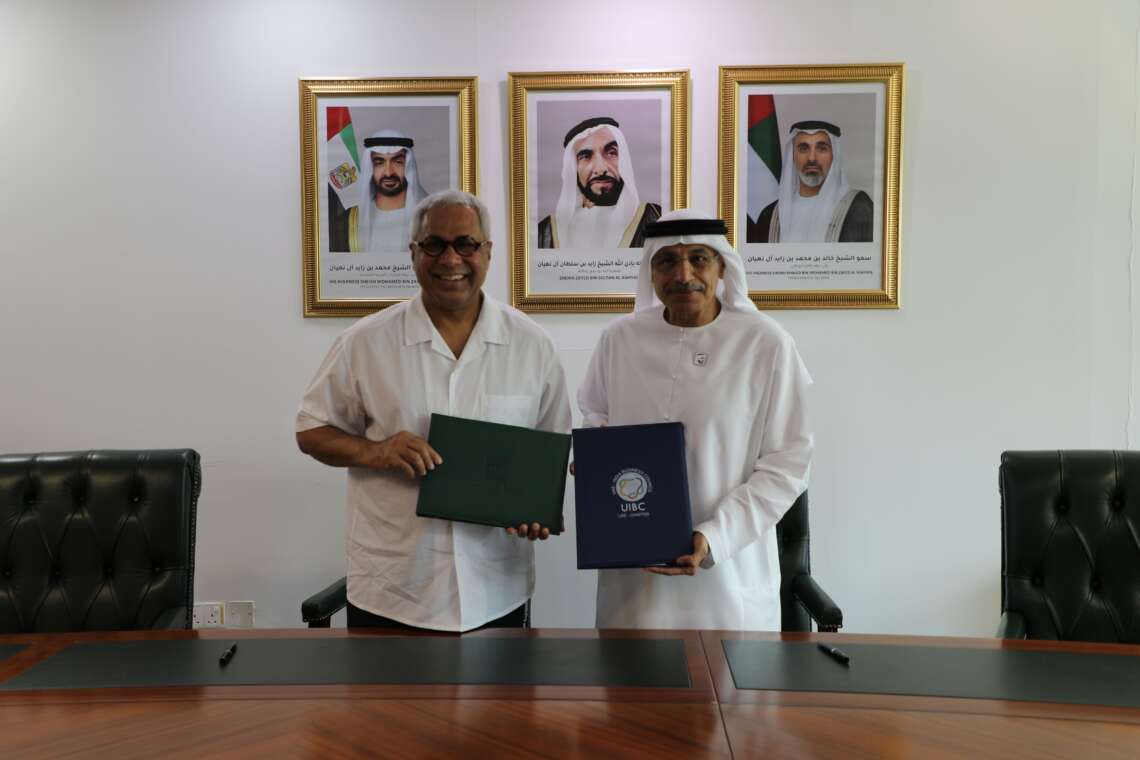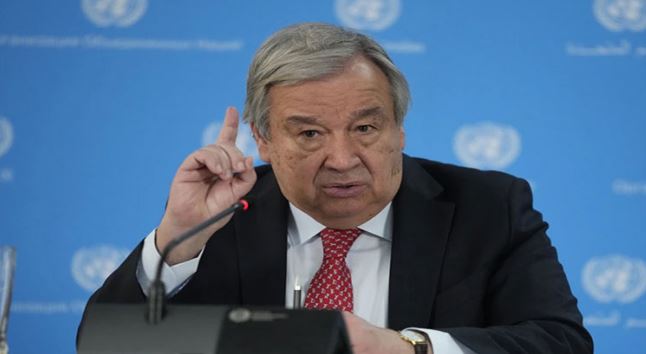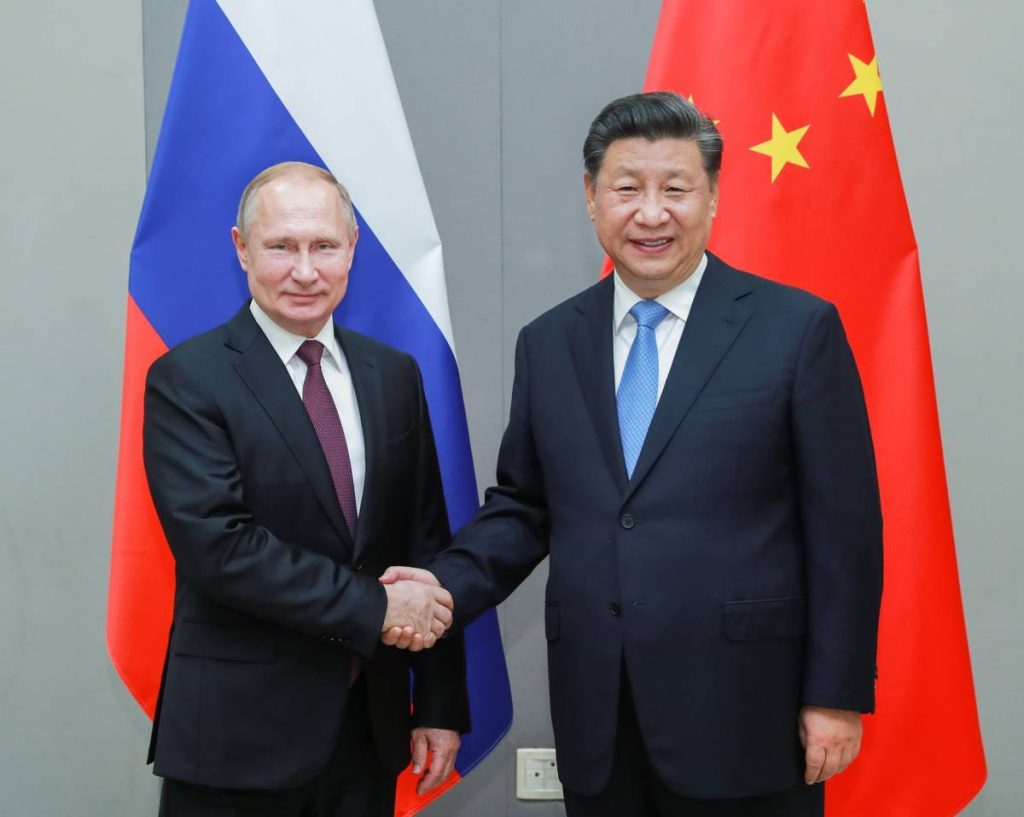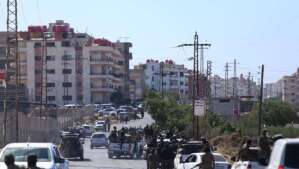The arrogant assumption by the martial Punjabi-Pathan dominated Pakistani military-bureaucratic elite that brute force would cow down the non-martial Bengalis, proved to be a foolish and fatal error of judgement. …writes Pinak Ranjan Chakravarty
Fifty years ago, Bangladesh and India jointly fought the historic 1971 War which led to the creation of Bangladesh as a free nation. The political borders of the sub-continent changed again since the fateful trauma of partition in 1947.
West and East Pakistan were separated by over 2000-km of Indian territory which many viewed as a bizarre geographical construct for a country.
The secession of Bangladesh was also seen as a matter of time, as the West Pakistani ruling establishment exploited the eastern wing and discriminated against the Bengali speaking people who were the majority population in Pakistan.
The inevitable struggle for a just share of political and economic power, gradually transformed into a struggle for freedom which an insensitive and dysfunctional military-bureaucratic regime in Islamabad failed to correctly judge.
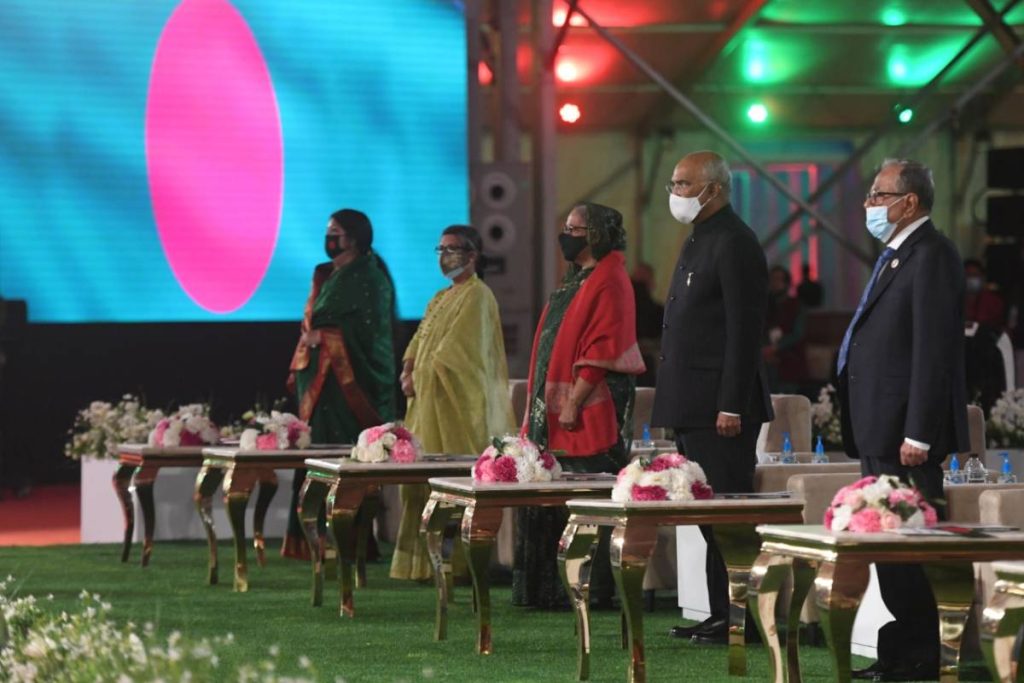
The arrogant assumption by the martial Punjabi-Pathan dominated Pakistani military-bureaucratic elite that brute force would cow down the non-martial Bengalis, proved to be a foolish and fatal error of judgement.
The road to Bangladesh began early with the language movement. Jinnah who spoke no Urdu, nor was it widely spoken in West Pakistan, chose Urdu as the national language and Bengali was ignored. In 1948, Jinnah was booed by students in Dhaka when he asserted that Urdu had to be the national language.
On February 21, 1952, protesting Dhaka University students were shot and killed when they demonstrated against the imposition of Urdu, setting in motion political currents that soon became the “language movement”.
Bengali Muslims formed the majority in Pakistan. Yet the first capital was at Karachi, before it was moved into the Punjabi heartland in Islamabad, under the watchful eyes of the Army’s headquarter in adjacent Rawalpindi.
Export revenue accrued mainly from Jute grown in East Pakistan but the funds were mostly spent in the West. The discriminatory nature of the Pakistan state soon became the rallying point for liberation. The language movement, combined with political activism for greater autonomy, became the pillars of the freedom struggle.
The emergence of Bangladesh was a significant geo-political event, during the height of the Cold War when a bipolar international order prevailed. It was a time of seminal geo-political changes, with the USA opening lines of communication with Maoist China, using Pakistan as a conduit.
While the USA succeeded in its opening up to China, it could not prevent the dismemberment of Pakistan. India successfully leveraged the bipolarity and succeeded in thwarting the USA and China to scuttle the freedom movement of the people of Bangladesh.
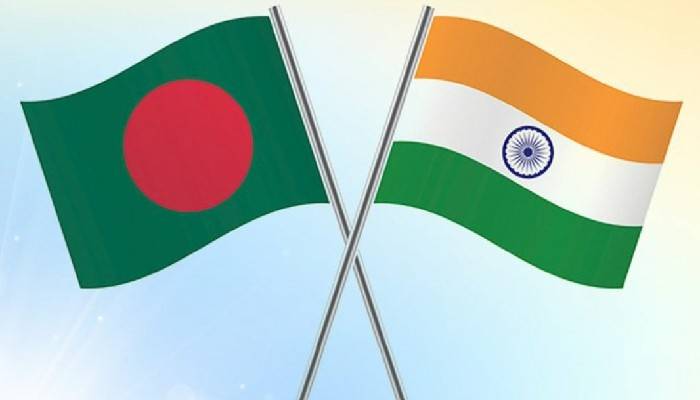
The then Soviet Union stood beside India and supported the creation of Bangladesh. The immediate strategic significance of Pakistan’s dismemberment for India was initially limited to the removal of a hostile front in the East, or at least removal of a major military threat.
India’s policy towards neighbouring countries has always been guided by the ancient Kautilyan vision of the neighbourhood. When PM Narendra Modi assumed office in 2014, he articulated the “Neighbourhood First Policy, underscoring once again the continuing salience of the neighbourhood in Indian’s foreign policy.
2021 also marks the birth centenary year of Sheikh Mujibur Rahman, fondly called Bangabandhu – Friend of Bengal – and regarded as the father of the nation in Bangladesh. Both countries are also celebrating 50 years of diplomatic ties.
The celebrations began in India with a tri-service military contingent heading the Republic Day parade in January 2020 followed by the visit of PM Modi to Bangladesh, to participate in the Independence Day celebrations on March 26. The recent visit of President Kovind to Bangladesh, as Chief Guest for the celebration of victory day on December 16 was the culmination of these historic celebrations.
Bangladesh’s geo-strategic location creates an overhang in India’s strategic security perspective. Bangladesh occupies a geography which abuts the Siliguri corridor which is India’s vital link with the north-eastern states.
The initial trajectory of cooperative bilateral ties was rudely disturbed by the assassination of Sheikh Mujibur Rahman and his family just 4 years in 1975. Bangladesh’s rulers thereafter, destroyed the consensus of the freedom struggle which sought to create a liberal, secular democracy.
The pro-Pakistan elements reared their heads, thereafter. Military dictators, schooled and trained in the Pakistan army, brought their mindset to bear. They adopted policies which guided Bangladesh onto a path of greater Islamization. They undertook to remake Bangladesh as an Islamic state.
Pro-Pakistan elements and Islamists joined hands to form a new political party, the Bangladesh Nationalist Party (BNP) which became the political vehicle for the military dictator Gen Ziaur Rehman to further his ambition. The dictum that those who live by the sword die by the sword, proved prophetic when Zia was killed by his military colleagues.
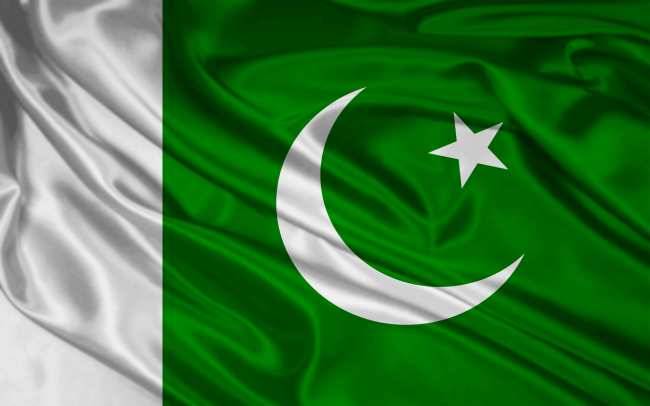
Zia’s successor, Gen Muhammad Ershad who took over as military dictator, amended the Constitution and made Islam the state religion. Islam became the leading marker of Bangladeshi nationalism. These moves were clear indicators of an enduring insecurity of defining nation hood, different from that of India.
Pakistani dictator Gen Zia ul Huq had once said that if Pakistan people did not define themselves in terms of Islam, they would be Indians. Many Bangladeshis, particularly those with strong religious leanings perhaps, also share this feeling.
After the turbulent years following Sheikh Mujibur Rahman’s assassination and the era of military dictators who were unfriendly, if not hostile towards India, Bangladesh-India ties have acquired truly strategic dimensions, following the return to power of PM Sheikh Hasina in the 2008 election. Her policy decisions have upgraded bilateral ties to a level that has been described as “more than strategic”.
India has followed a policy of engaging with every government in Bangladesh, regardless of its hue. Bangladesh is India’s largest trading partner in SAARC with an annual turnover of around USD 10 billion. India’s investments in Bangladesh are around USD 3 billion. Bangladesh is India’s most important development partnership, its value touching USD 8 billion.
Bangladesh is the largest source of foreign tourists into India. Infrastructural connectivity has expanded manifold. Both countries have resolved to re-connect pre-partition trans-border railway nodes.
Bangladesh and India are engaging in crafting a CEPA to deal with this situation. While the COVID pandemic has led to curbs on travel and other restrictions, both countries have cooperated to fight the pandemic. India has supplied vaccines to Bangladesh on first priority basis and the latter has supplied much needed medicines produced by her successful pharma sector.
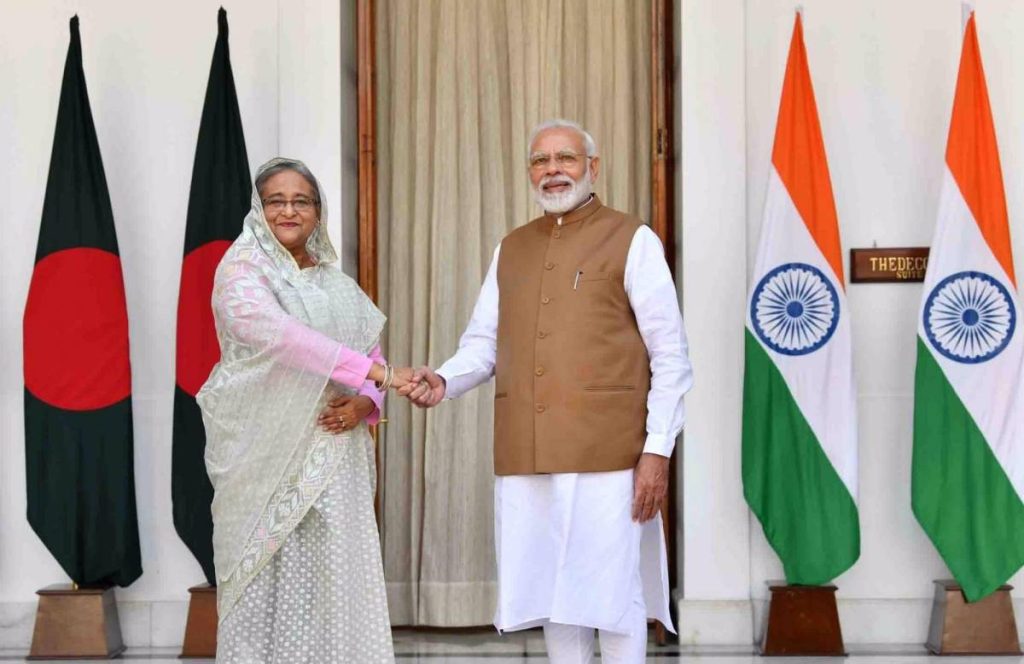
No relationship, particularly between neighbours, is without challenges. River water sharing is one such on-going challenge, apart from border management issues like smuggling, human trafficking, drug trafficking and fake Indian currency.
The recent communal violence against Hindus, triggered by a deliberate act of blasphemy, can only be described as a well-planned conspiracy. The China-Pakistan axis with their Islamist collaborators want to destabilize PM Hasina’s government which they view as too friendly towards India.
The growth of violent religious extremism in Bangladesh has taken many lives in Bangladesh. The main strategic challenge is to manage the China-Pakistan axis and growth of violent religious extremism.
Many Bangladeshis worry about the erosion of democracy in their country. From India’s point of view this is a domestic issue and India has not waded into this domain and also avoided commenting on the recent sanctions on selected Bangladeshi officials on account of human rights violations.
(The author is a former Secretary in the MEA and an ex-High Commissioner to Bangladesh)

